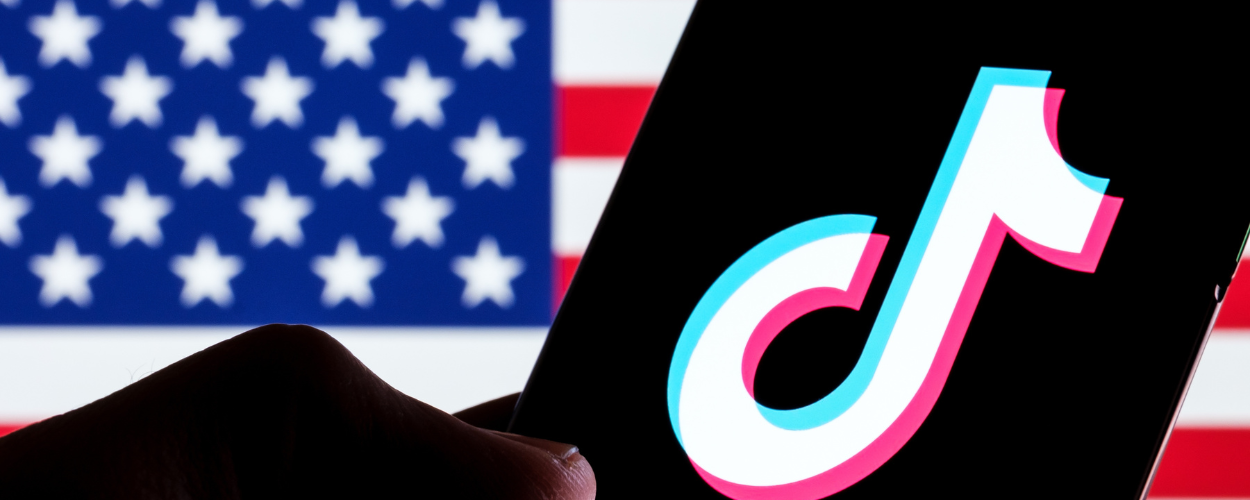This website uses cookies so that we can provide you with the best user experience possible. Cookie information is stored in your browser and performs functions such as recognising you when you return to our website and helping our team to understand which sections of the website you find most interesting and useful.
Business News Digital Legal
Montana defends TikTok ban in new court filing
By Chris Cooke | Published on Tuesday 22 August 2023

The US state of Montana has formally defended its decision to basically ban use of TikTok within the state, insisting that that ban does not breach free speech rights contained in the First Amendment of the US Constitution.
The state’s Attorney General Austin Knudsen filed legal papers late last week setting out arguments for why law-makers in Montana have the power to restrict use of the TikTok app. That filing was opposing a bid by TikTok and a group of its users to get a preliminary injunction in the courts stopping the ban.
Much concern has been raised, of course, about what happens to TikTok user-data, and whether the Chinese government has access to it via the app’s China-based owner Bytedance.
As a result, multiple governments have stopped their employees from using TikTok on official devices and India instigated a full-on ban back in 2020.
TikTok, for its part, continues to insist there are no data security issues on its platform. However, that insistence hasn’t really silenced its critics in political circles, with a number of media reports alleging that various data concerns remain.
Law-makers in Montana passed a new law in April which will ban distribution of the TikTok app within the state from the start of the next year. TikTok and a group of TikTok creators then filed lawsuits seeking to stop the ban, mainly on First Amendment grounds.
In his filing last week, Knudsen outlined all the concerns that have been raised about TikTok user-data and the rationale behind his state’s ban, before dealing with the claims that stopping distribution of the TikTok app violates the First Amendment.
The law that contains the ban, known as SB419, does not – he insisted – “prohibit certain messages, ideas, subject matter or content”. Instead, it simply “prohibits the use of a product in Montana”.
And, he argued, “Montana’s police power comfortably lets it regulate (up to the point of banning) products or practices that, in Montana’s judgment, impose unjustifiable consumer harms. SB419 does just that: it bans TikTok because of harms inseparable from TikTok’s data-harvesting practices and ownership by a hostile foreign government – facts unique to TikTok among social media apps”.
He then sought to illustrate why the First Amendment should not be used to stop law-makers from restricting the distribution of what they consider to be harmful products, making analogies to sports-betting apps and even a theoretical cancer-causing radio.
Stopping the TikTok ban on First Amendment grounds, he wrote, would set a precedent that would leave Montana unable to “ban a cancer-causing radio merely because that radio also transmitted protected speech, or to ban sports-betting apps merely because those apps also shared informative videos teaching their users the intricacies of sports gambling”.
“The targeted harms – preventing cancer, illegal gambling or data-gathering by a hostile foreign state – are inherently non-expressive and thus subject to Montana’s plenary police-power regulations”, he went on. “Overlaying them with expressive conduct – radio communications or instructive videos – doesn’t change that calculus”.
We await to see how the court responds.





